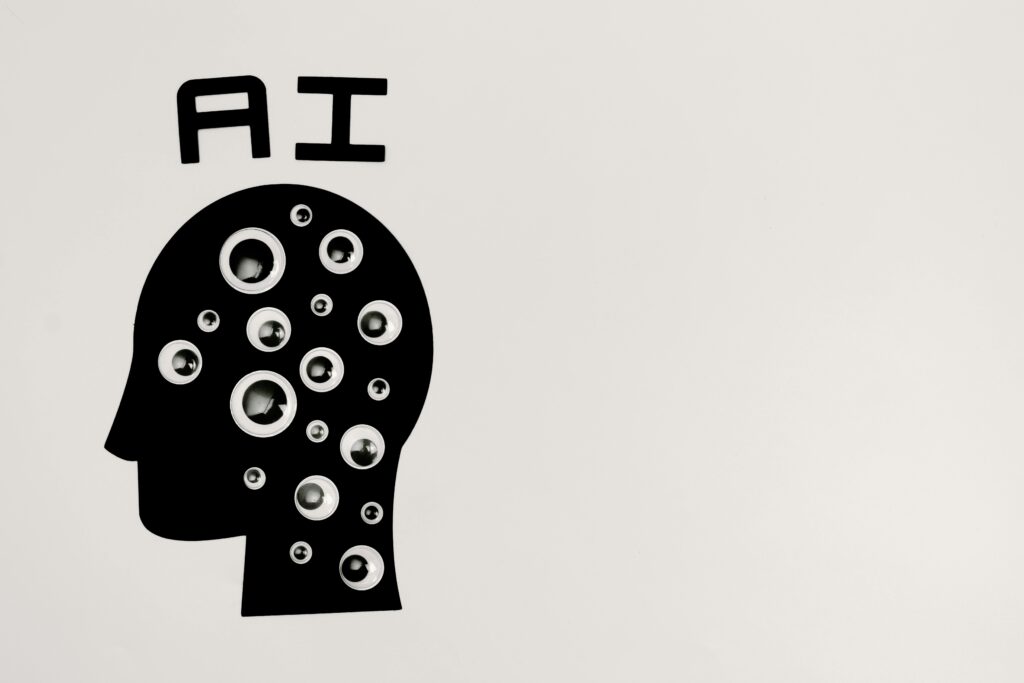AI: It’s Now Possible To Create Virtual Companions

Technological innovation today enables us to explore new forms of relationships thanks to artificial intelligence. These virtual companions, powered by sophisticated algorithms, are transforming the way we interact with technology, creating more personal and emotional bonds.
The technology behind virtual companions
Advances in generative artificial intelligence have enabled the emergence of virtual assistants capable of natural, empathetic interactions. These systems, far more advanced than simple chatbots, use technologies like GPT to offer a conversational experience close to human exchanges.
How artificial intelligence algorithms work
Virtual companions rely on sophisticated artificial intelligence models that understand context and adapt to interactions. To develop these enriching virtual relationships, you can find natural, personalized conversations on my-ai-boyfriend.com thanks to advanced AI technology.
The different types of personalization available
User experience is at the heart of these innovations, with extensive personalization options. Users can adapt the appearance, personality and communication style of their virtual companion, creating a unique relationship based on their individual preferences.
The social impact of virtual companions
The digital revolution is transforming our social interactions with the emergence of Artificial Intelligence-based virtual companions. These digital entities represent a new form of relationship, combining advanced technology and personalized interaction. Applications such as Replika and My AI Boyfriend illustrate this transformation of interpersonal relationships.
Current uses in everyday life
Virtual companions are gradually becoming part of our daily lives. They offer personalized emotional support and interactions tailored to users’ specific needs. Applications such as My AI Boyfriend enable advanced personalization, from choice of appearance to character traits. These virtual assistants offer natural conversations and adapt to users’ emotions. GPT technology enables fluid, contextual exchanges, creating an authentic interactive experience.
Future prospects
The future of virtual companions promises to be rich in innovation. The integration of augmented reality and the development of artificial emotional intelligence will enrich interactions. The market is expected to expand significantly, reaching $129 million by 2032. Virtual companions will evolve towards a better understanding of emotional nuances and increased personalization. This technology raises questions about data confidentiality and the nature of the human-machine relationship. The balance between virtual assistance and authentic human relationships remains a major challenge for the years to come.
Ethical issues and data security
The emergence of virtual companions powered by Artificial Intelligence raises fundamental questions about user protection. The technology, now capable of creating personalized interactions thanks to sophisticated models like GPT, requires a strict framework to guarantee a secure experience.
Protecting shared personal information
Virtual companion applications, such as Replika or My AI Boyfriend, collect a significant amount of personal information. This data includes personalization preferences, intimate conversations and emotional interactions. Securing these exchanges is an absolute priority. Users must be sure to choose platforms that are transparent about how their data is used. Confidentiality is becoming a major issue in this new type of digital relationship, where the information shared is particularly sensitive.
Limits to be established in the human-machine relationship
Interacting with a virtual companion raises questions about the relationship balance. Applications such as My AI Boyfriend offer advanced personalization, from physical appearance to character traits. This in-depth personalization can create a meaningful attachment. Users need to maintain a healthy distance from their virtual assistant. The relationship should remain a complement to traditional human interactions, without becoming a sole source of emotional support. Establishing clear boundaries enables balanced use of this innovative technology.















